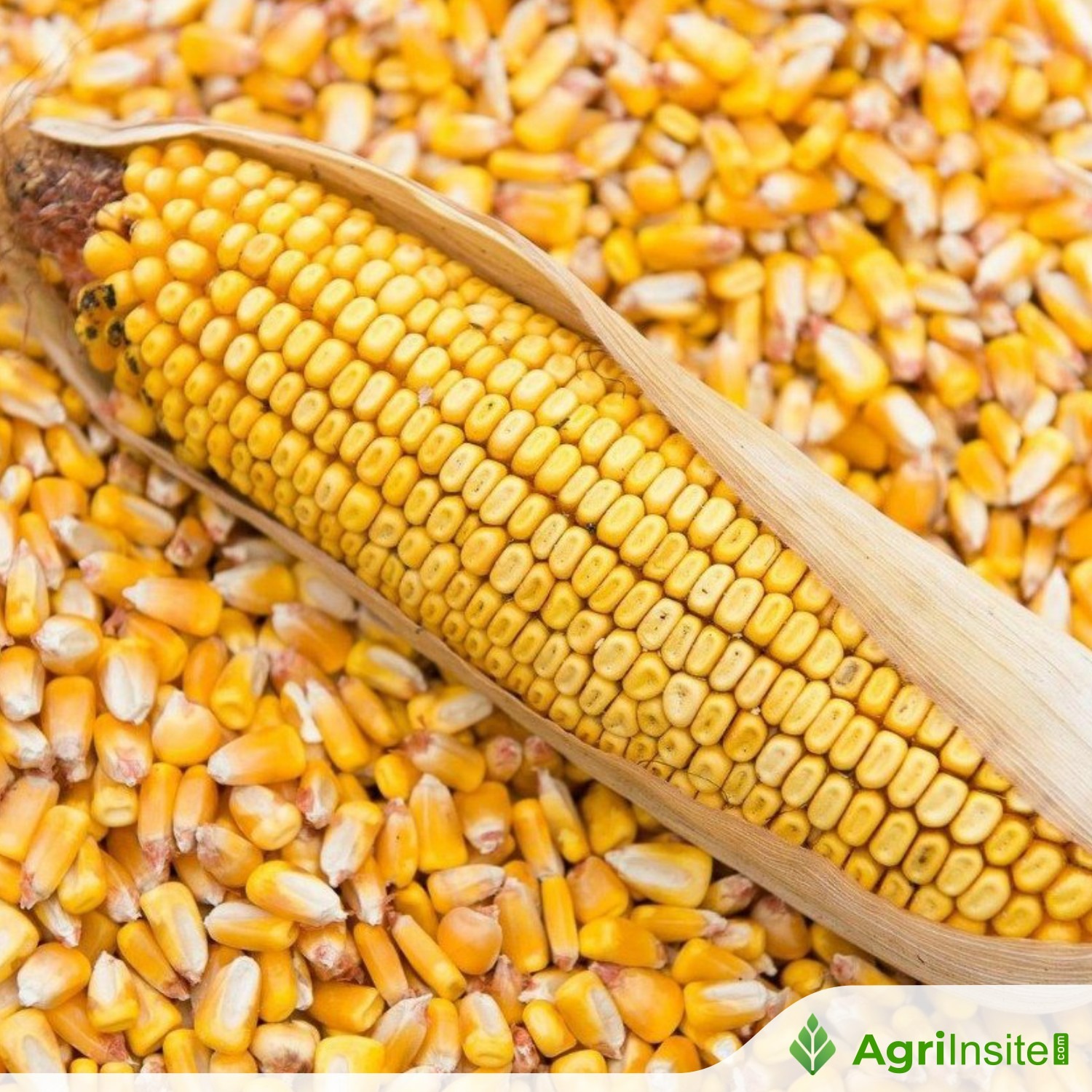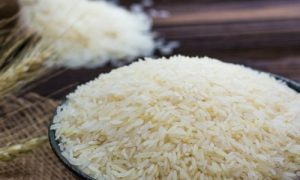USA : Research for Stronger Corn

Research from Cornell University’s Boyce Thompson Institute reveals that COI1 proteins, crucial for plant defense, also regulate maize growth. Mutants lacking COI1 showed reduced growth, unlike similar mutants in other plants. This suggests COI1 proteins in maize may help balance growth and defense, especially in harsh environments, offering potential for developing more resilient maize varieties.
Corn is one of the most globally significant staple crops, yet much of its genetic regulation remains unexplored. New research has identified a protein family called COI1, previously linked to defense mechanisms in plants like Arabidopsis and rice, as a primary regulator of growth in maize. This discovery, highlighted in a news release from the Boyce Thompson Institute at Cornell University, may contribute to the development of stronger and more productive maize varieties.
In plants, there is often a trade-off between growth and defense. When plants focus on defense against pests or diseases, growth typically slows due to the interaction between JAZ proteins, which suppress defense genes, and DELLA proteins, which suppress growth genes. COI proteins play a key role in balancing these processes by breaking down JAZ proteins.
The study focused on six COI proteins in maize, grouped into COI1 and COI2 categories. Scientists created mutant maize plants missing one, two, or all four COI1 proteins. However, they were unable to produce mutants lacking both COI2 proteins, as pollen missing both proved lethal. This suggests that COI2 proteins are critical for male reproduction and pollen development in maize.
An unexpected result came from the plants missing all four COI1 proteins.
“These ‘COI1-4x’ mutants exhibited significantly reduced growth compared to wild-type maize plants,” said Leila Feiz, the first and co-corresponding author of the study published in The Plant Cell. “This was contrary to my expectations, as COI mutations typically result in taller growth in other species like Arabidopsis and rice.”
“In C3 coi mutant plants, such as Arabidopsis, the lack of JAZ degradation by COI leads to DELLA being trapped by JAZ. This induces gibberellic acid-induced growth genes, which are usually suppressed by DELLA in the absence of gibberellic acid. Conversely, wild-type plants treated continuously with jasmonic acid grow shorter than untreated ones,” Feiz further explained in the release. “This is because COI perceives jasmonic acid and degrades JAZ. The degradation activates defense genes and releases DELLA from JAZ entrapments, consequently inhibiting growth. Unlike Arabidopsis and rice COI mutants, which show a taller phenotype than their wild-types, the maize quadruple COI1 mutant exhibited shorter growth compared to its double mutants and wild-type plants.”
Further analysis indicated that maize COI1 proteins might have evolved a new function: degrading DELLA proteins, which suppress plant growth. Feiz suggests that COI1 proteins help maize continue growing even when defending against environmental stresses like high levels of jasmonic acid, which is abundant in hot, arid climates where C4 plants like maize and sugarcane evolved. This adaptation could explain why maize and other C4 plants maintain robust growth in challenging environments.
The research project has an interesting backstory. It began nearly five years ago when Kevin Ahern, a former field manager and graduate student in Georg Jander’s lab at the Boyce Thompson Institute, rescued a group of single-mutant plants from an abandoned project. After pollinating and collecting their seeds, the project continued under Feiz, who worked with other researchers, including Shan Wu, a postdoctoral researcher in Zhangjun Fei’s lab, who analyzed a large RNA sequencing dataset.
This study opens up new opportunities for improving crop resilience and productivity by uncovering how COI proteins interact with DELLA proteins and other plant signaling components. It demonstrates how foundational plant biology research can lead to significant advancements in agriculture.
The research was funded by the NSF and USDA.
Source Link : https://www.seedworld.com/us/2024/09/18/how-coi-proteins-could-lead-to-stronger-corn-crops/















